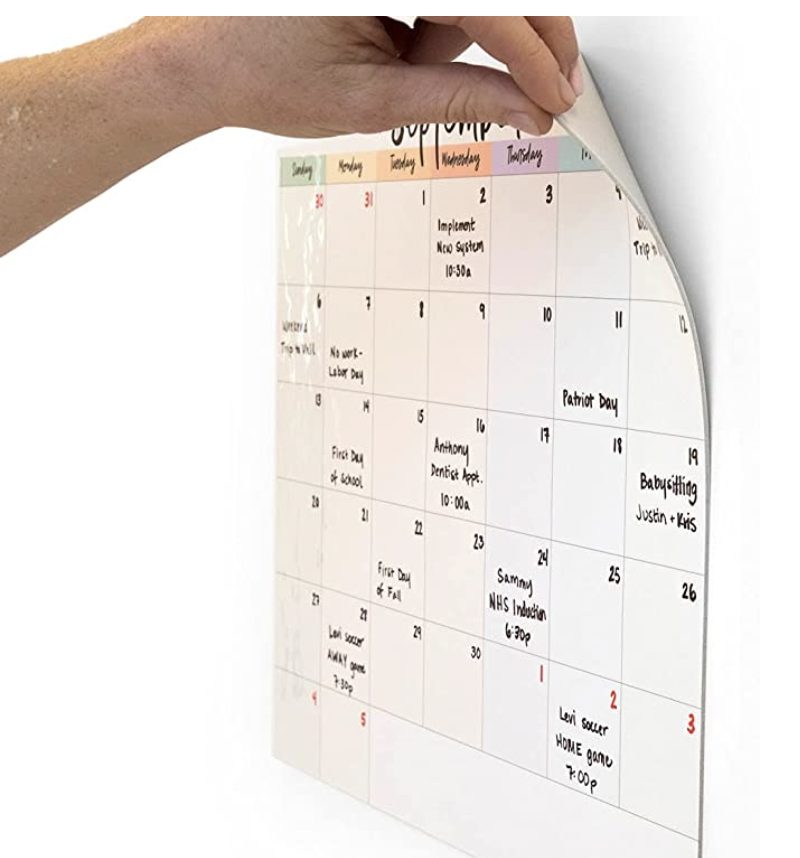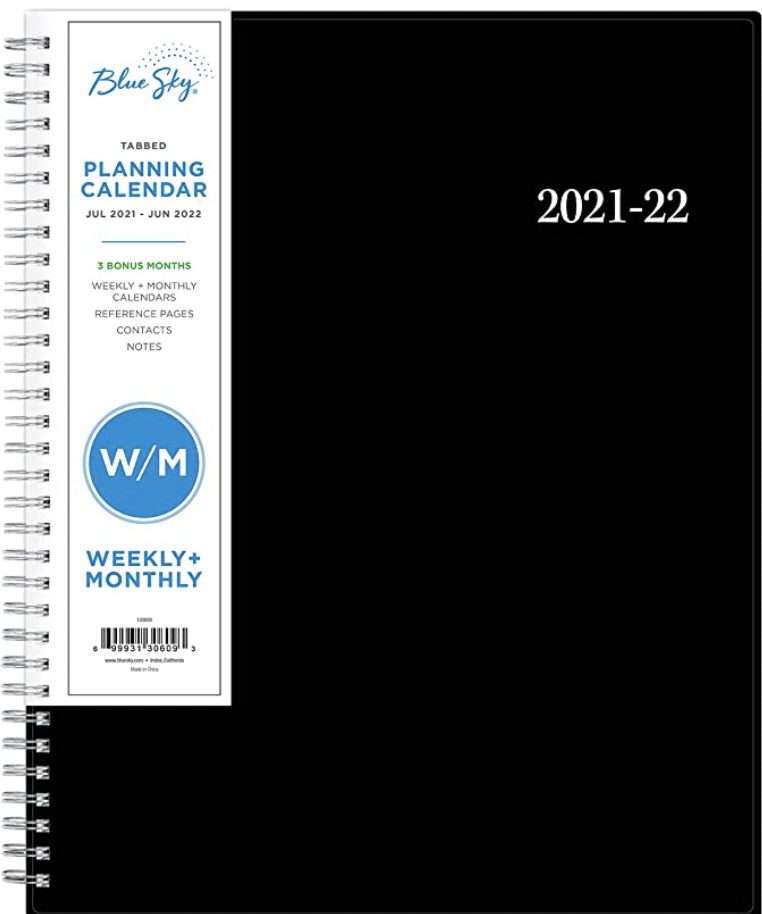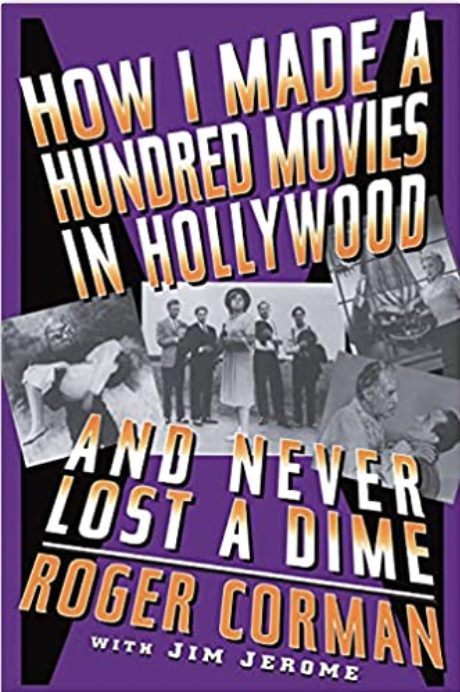How to Establish a Realistic Home Budget

Budgeting your money is the master plan of a planned life. Here’s how to take control of your cash and live a financially secure life. Tweet

Highlights
You can go through life by the seat of your pants...
...but only if you carry a wallet for upholstery. Keeping that wallet filled takes an actual plan.
“Follow the money” became a thing back in ’70s during the Watergate investigation, but the expression works just as well today when it comes to investigating your financial health.
All you have to do is look at the last three months of your bank statements and the truth will set you free — cuz money don’t lie.
If you say, “I don’t spend that much on booze,” your pub and package-store purchases will tell the truth.
If you say, “I’ve been cutting back on junk food,” your White Castle tabs will tell the truth.
If you say, “I don’t have a cigar addiction,” your smoke-shop and mail-order numbers (and breath) will tell the truth.
Oh, and if you pay cash for all those things just so they won’t haunt you by showing up on your bank statements, your ATM withdrawals tell the truth, too, even if you won’t.
The secret to a financially secure life is living within your means – even if it’s painful – and a monthly budget is the key to doing just that.
The internet is loaded with financial advice on how to set up and be consistent with household budgets.
The best advice may come from legendary B-movie director Roger Corman: “One of the worst things you can do is have a limited budget and try to do some big-looking film. That’s when you end up with very bad work.”
That, gentlemen, is what’s known as a life metaphor. And this is what’s known as a point-making video clip:
And here’s some more hands-on advice that makes a lot of sense:
From Nerdwallet: After calculating your monthly income, use the 50/30/20 rule. 50% of the money goes to needs, 30% goes to wants, and 20% to savings and debt payment.
From MoneyUnder30: Some straight talk: “Everybody who has ever tried budgeting knows it’s complete crap.” Instead of manually tracking your spending – which can vary each month because of unexpected needs like car or home repairs –use a budgeting app like You Need a Budget (YNAB) that treats monthly obligations as goals and accomplishments rather than expenses.
From the Motley Fool: Don’t forget to schedule out happy expenses like birthdays, holidays, and special occasions in the months they occur. According to the Fool: “Americans who borrowed to cover holiday costs took on over $1,000 in new debt during the 2017 season, according to a Magnify Money survey. Half of those who borrowed would still be repaying holiday debt at least three months later.” All these occasions are fixed-date, so you can plan ahead months before they hit.
Even the Federal Trade Commission has advice: Automate your bill paying so you’re never late. Late fees may seem rinky-dink but can add up over time and break any budget. In fact, Forbes recently reported that the average overdraft fee is $24.38 and that banks collected $12 billion in overdraft fees in 2020. Rinky-dink adds up.
Bottom line:
If B-film master Roger Corman can use budgeting to claw out a movie on almost no money, so can you.











